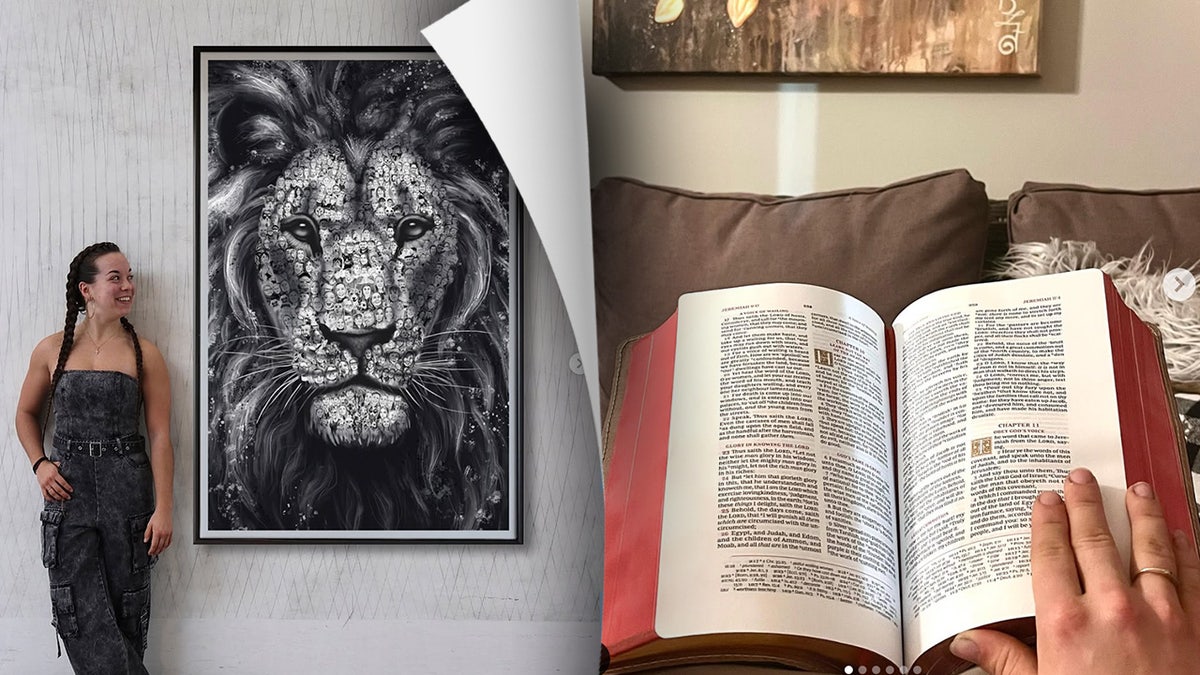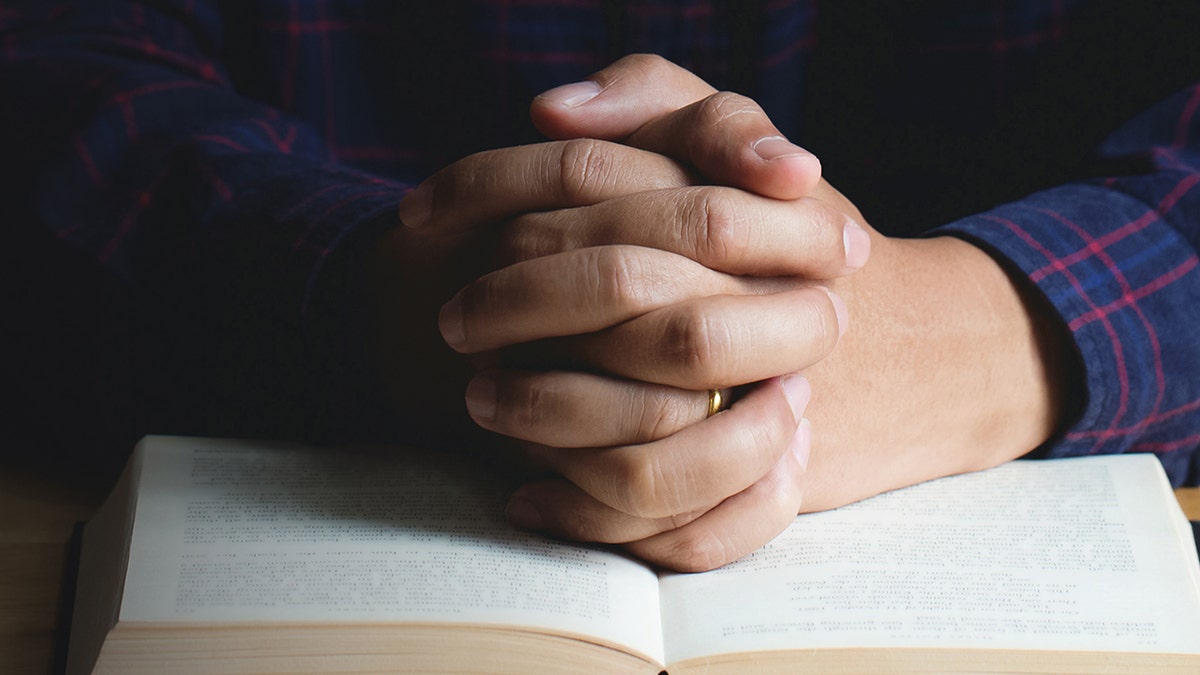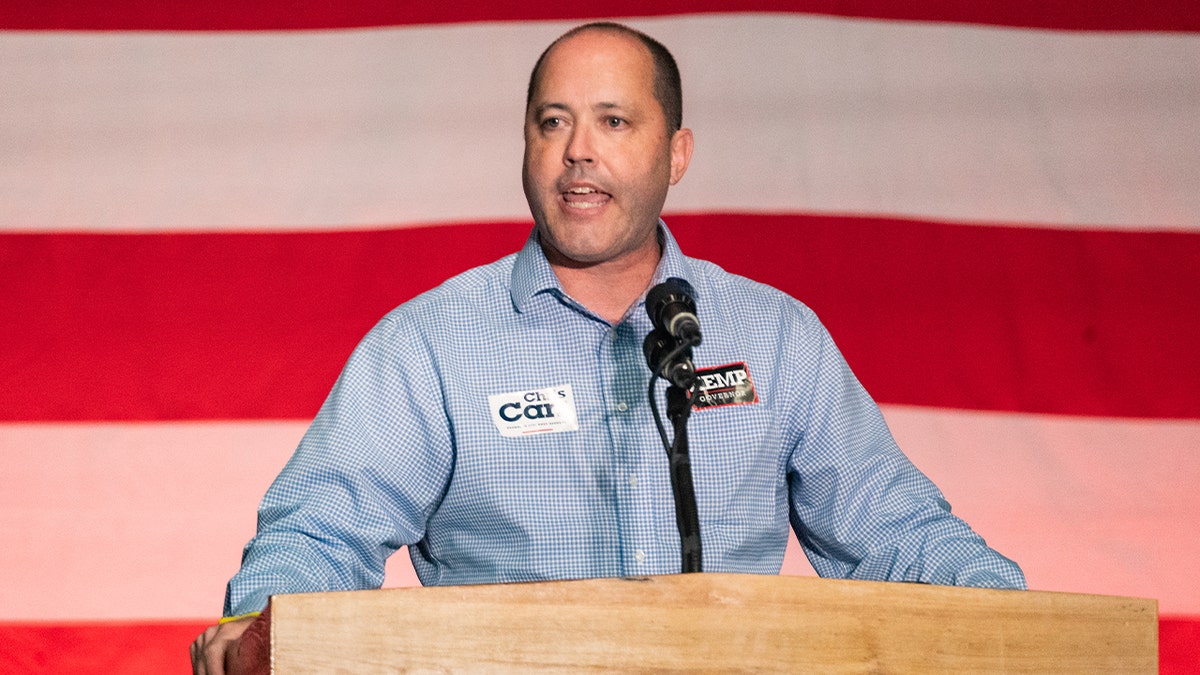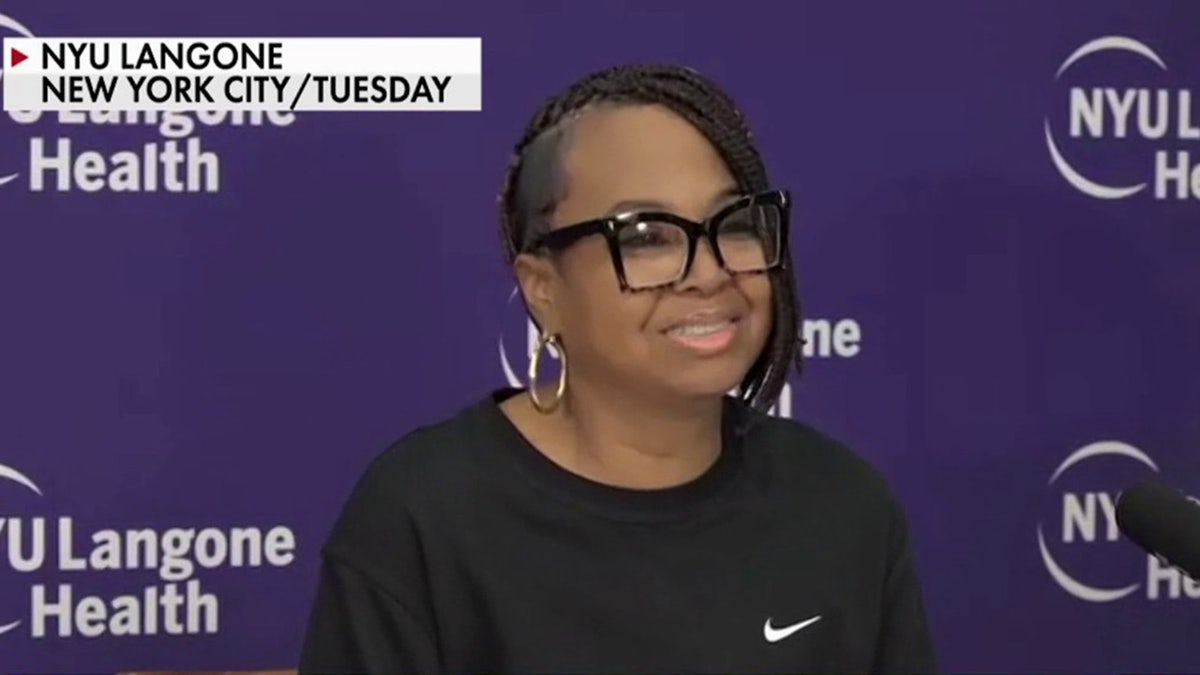In a surprising turn of events, print Bible sales are experiencing a significant upswing despite a long-term trend of declining religious affiliation. This phenomenon has captured the attention of many, including first-time Bible buyers and religious leaders like Bishop Robert Barron.
Briana Fitzpatrick, a young artist based in New York, exemplifies this trend. Raised in a Christian household with a strong sense of faith, Fitzpatrick recently purchased her first Bible. Inspired by a documentary featuring "Duck Dynasty" star Phil Robertson and his well-worn Bible, Fitzpatrick envisioned owning a similar heirloom to pass down through generations, filled with personal annotations and reflections.

Fitzpatrick's story reflects a broader movement of new Bible buyers driving this surge. While she previously used a Bible app, she found the digital distractions and lack of personal interaction unsatisfying. The desire to physically engage with the text led her to purchase a print Bible.
Data from Circana Bookscan reveals a remarkable 22% increase in Bible sales through October compared to the same period last year, significantly outpacing the overall print book sales growth of 1%. This growth extends beyond Bibles to other Christian literature, indicating a renewed interest in religious subjects.
This resurgence follows a five-year low in 2020, with sales now exceeding 13.7 million in the first ten months of this year. This upward trend contrasts sharply with declining religious identification, with Gallup polls showing Christian affiliation at a low of 68% and Pew Research reporting 28% of American adults as religiously unaffiliated.
Bishop Robert Barron suggests that this seeming paradox stems from a search for meaning and purpose in a world often perceived as chaotic. He believes the Bible's historical role as a source of values and meaning draws people seeking answers and solace.

Barron also points to the influence of figures like Jordan Peterson, who engage with biblical texts in compelling ways, and a shift away from the nihilism often associated with early 2000s New Atheism. He links this nihilism to rising rates of depression, anxiety, and suicidal ideation, particularly among young people.
Publishers echo this sentiment, suggesting the Bible's popularity may be a response to widespread anxiety. Fitzpatrick herself expresses this, noting a collective yearning for truth, purpose, and direction in uncertain times.

For Fitzpatrick, acquiring a physical Bible has transformed her spiritual life, leading to daily reading and participation in Bible study groups. Her experience, shared on social media, has resonated with others, inspiring them to reconnect with their faith. This highlights the unexpected ways social media can be used to spread positive messages and foster spiritual growth.








